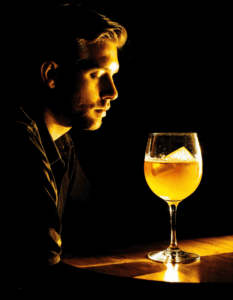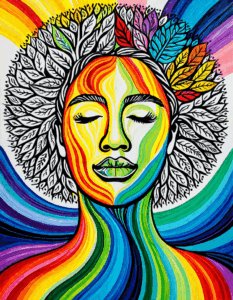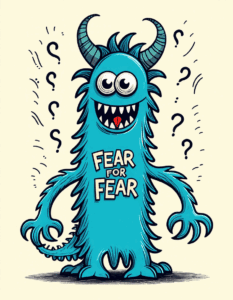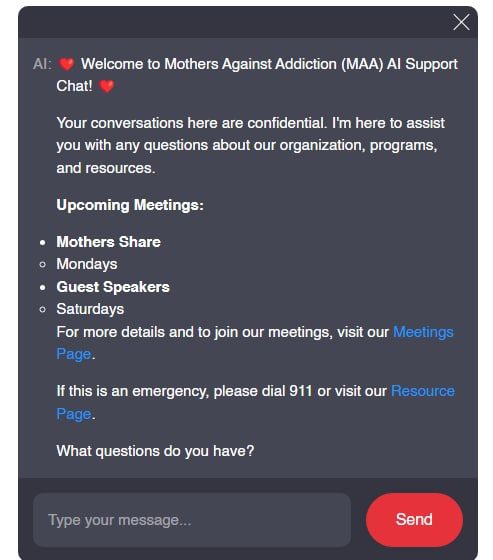The challenge of explaining drug addiction to children can seem daunting for many families. Yet it’s a conversation that, while tough, is necessary for a child’s understanding and emotional well-being. Today, we gather insights and provide a compassionate approach on how to explain drug addiction to a child.
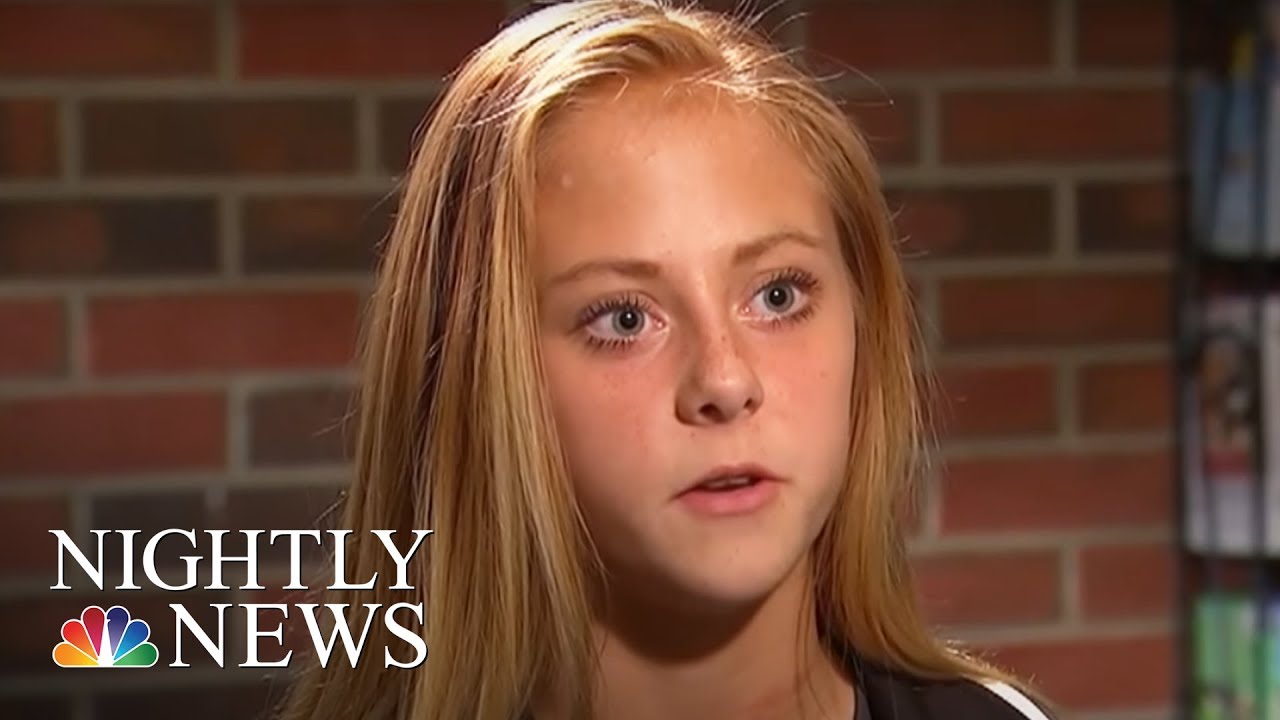
The Challenge of Explaining Drug Addiction to Children
In every family, addiction’s ripple effect touches everyone, especially the children. Coming to terms with a loved one’s addiction struggle can be challenging, even for adults. Children, on the other hand, may find it perplexingly difficult to grasp. Despite this, we need to shoulder the responsibility to open up this reality, taking care to do so with empathy and understanding.
Understanding the Importance of Communication
Clear and honest dialogues can help children make sense of the confusing feelings they might be experiencing. Discussing addiction openly with children can help alleviate fears, clarify misunderstandings, and offer reassurance. Let’s not underestimate the impact of addiction on children’s emotional and psychological wellbeing. Talking about it shows the child that it’s okay to discuss difficult topics and that they’re not alone.
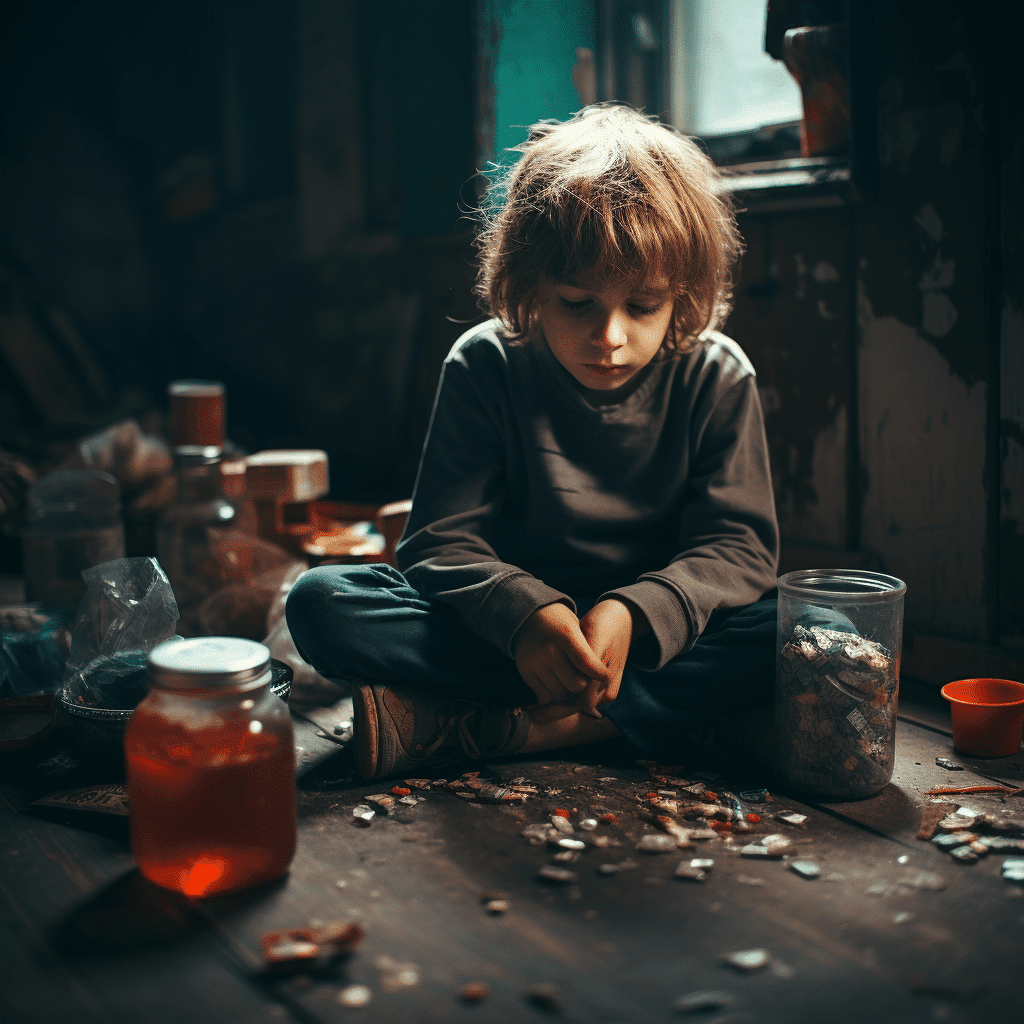
Mastering the Art: How to Explain Drug Addiction to a Child
Where do you start when you need to explain addiction to a child? The answer lies in the subtleties of your language and your approach.
Using Age-Appropriate Terminology
Simplifying complex topics for younger children can consist of explaining what drugs are, their functions, and distinguishing harmful or illegal substances. You could say, “Just like how candies can be harmful if we have too many, there are things like drugs that can hurt people’s bodies so much more if they keep using them.” As they grow older, you can offer more detailed explanations. For teenagers, you could explain, “People with addiction use substances that now control them, rather than them controlling the substance.”
Incorporating Visual Aids and Storytelling
Children’s books, engaging videos, and other resources can help explain addiction. One resource is “Everything everywhere all at once,” a book that simplifies complex issues using real-life stories to foster empathy and understanding.
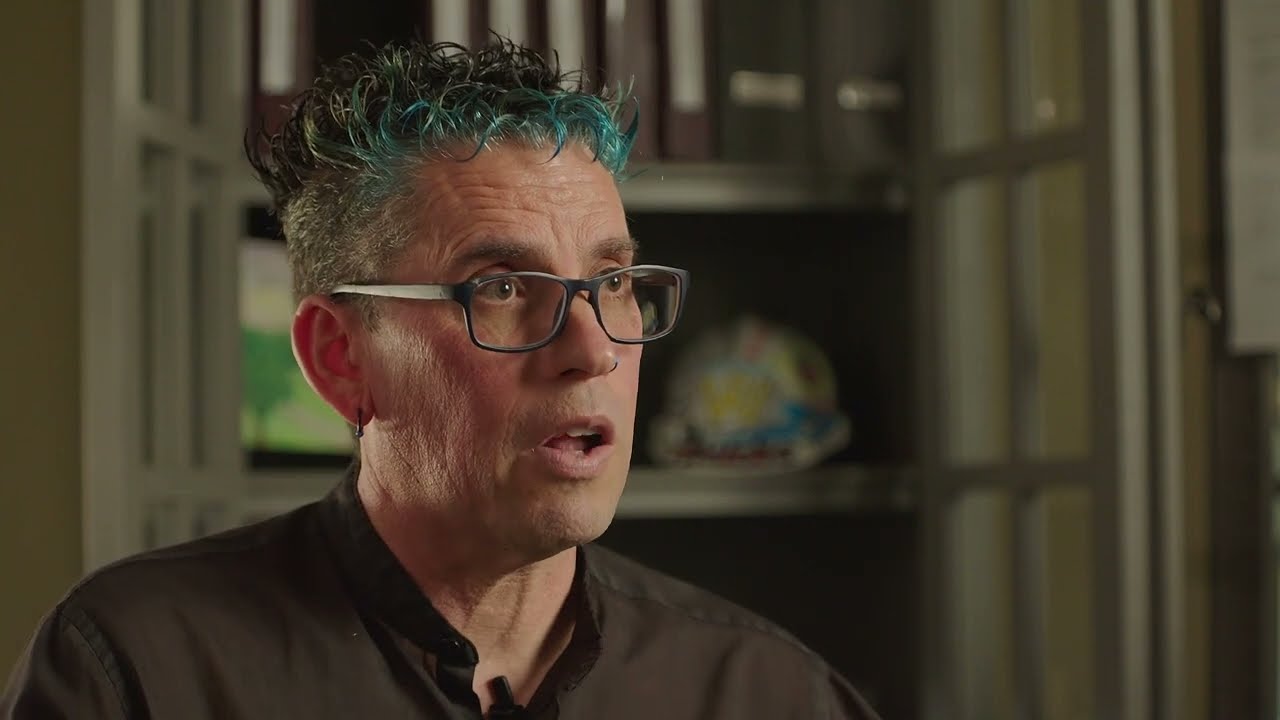
| Topic | Explanation & Facts for Children |
|---|---|
| What are Drugs | Drugs are substances that can change the way your body and mind work. Some drugs are legal like medications prescribed by doctors or bought at the pharmacy. It’s safe to take these when you need to and exactly as instructed. On the other hand, there are illegal drugs like marijuana, cocaine, and heroin which are unsafe and prohibited by law. |
| Functions of Drugs | Drugs can have many functions depending on their type. Some drugs, like medicine, help to make people feel better when they are sick. But illegal drugs can make people feel different or act strangely, and they can be very dangerous. |
| Harmful / Illegal Drugs | Harmful and illegal drugs include substances like marijuana, cocaine, and heroin. These are dangerous because they can change the way your brain works and lead to addiction, which means people who use them can find it very hard to stop even when they want to. |
| Understanding Addiction | Addiction is when someone cannot stop doing something, even when it has bad effects on their life. This can happen with certain drugs. Someone who is addicted might have changes in their behaviors and might continue using the drugs even when they realize it’s hurting them. |
| Addiction Consequences | Addiction can lead to many problems. It can make people sick, cause problems in their relationships with family and friends, and could even get them in trouble with the law. It’s very important to stay away from harmful drugs to avoid these problems. |
Navigating Real-World Situations: How to Explain Addiction to a Child
Hard truths are a part of life. Explaining rehab or the dangers of hard drugs are hard truths that we need to navigate wisely.
Addressing the Issue of Drug Rehab with Kids
When discussing drug rehab with kids, explain the purpose and process of rehab as a place where people go to get help in stopping their use of drugs. Be open about the timeline and possible outcomes, but maintain a hopeful and supportive tone throughout the conversation.
Walking Hard Drugs: Discussing the Dangers
Start by explaining the various types of addictive substances and their potential physical, mental, and social consequences. Equipping your child with this knowledge may aid them in refusing drugs in future scenarios.

Exploring Difficult Conversations: How to Talk to a Child about a Drug Addicted Parent
If the child’s mother or father is the one struggling with addiction, the conversation becomes even more sensitive.
Maintaining a Balance of Honesty and Sensitivity
Breaking down the reality of a parent’s addiction can be tough. The illness aspect of addiction should be highlighted without demonizing the parent. For instance, “Daddy is not a bad person. He is facing a very hard problem right now. He’s unwell because of the drugs, and he’s getting help so he can be healthy again.”
Developing a Support Plan Together
Establishing open lines of communication allows the child to express feelings and fears. Explain the role of support networks, therapists, and other helpers. Don’t forget the website “drug addiction help For Parents” as a valuable online resource available for support.
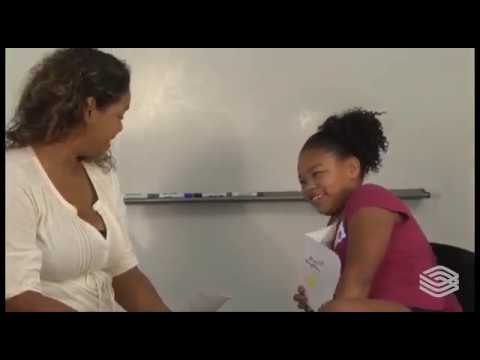
Continuing the Conversation: Keeping Kids in the Loop
Conversations about addiction should never be a ‘one and done’ scenario. Regular dialog and updates cultivates an environment open to questions and new concerns.
Encouraging Regular Dialog
Find natural opportunities to check in with your child about the topic. Be attuned to their concerns or changes in behavior relative to the issue.
Fostering a Healthy Perspective on Recovery
Promote the idea of addiction as a manageable health condition. Celebrate progress and acknowledge setbacks. Rephrase the narrative to focus on recovery and resilience.

Preparing for the Future: Empowering Children with Knowledge
Knowledge gives children the power to make informed decisions themselves.
Developing Prevention Strategies
Teach children about drug refusal skills. Encourage them to participate in healthy activities as outlets for stress or problems. Empower the child, guiding them through the “Should i pay off My credit card in full or leave a small balance” decision-making process, as a metaphor for making wise choices and understanding consequences.
Cultivating Resilience and Hope
Focus on stories of recovery and success to provide hope. The stories on the “Children Of drug addicted Parents” page can help children realize they are not alone and that recovery is possible. It’s about nurturing resilience while making their own healthy choices.
Beyond the Words: The Role of Compassion and Patience
This process, might be daunting, it’s certainly more than just a conversation. It’s a conscientious effort filled with love, empathy, and continued support. Patience and compassion are your trusted allies on this journey. Remember, you’re not alone. With resources like “Children drug Addicts“, there’s always guidance available.
How do you explain what a drug is to a child?
Well, explaining drugs to a child is indeed a tricky business. Here’s an easy-peasy approach for you. Drugs are substances that can change how your body feels or works. Think of them as naughtiest little villains that trick your body into believing something that isn’t true. Like pretending you’re superman when you are not! Can you imagine, if you start flying off a building thinking you really are superman? Well, that’s scary, isn’t it? Just remember, not everything that glitters is gold.
What is a simple definition of addiction for kids?
Addiction, darling, is quite like when you can’t stop nibbling on your favorite chocolate cake. Just like how your tummy craves for more even though you know it’s enough, addiction is when someone can’t stop doing something although it causes them trouble. Often, adults deal with something similar, but with these naughty substances we call drugs.
What is a simple way to explain addiction?
You see, addiction is like being caught in a rainstorm with no umbrella. Once you’re in it, it’s tough to stay dry. You crave for the thing that holds you captive, even when you know it isn’t doing you any good.
What is drug addiction in easy words?
Drug addiction, sweetheart, is when a person keeps using naughty substances, the drugs, even when they know it’s hurting them. It’s like touching a hot stove over and over again, even though it burns each time.
When should you start talking to kids about drugs?
It’s never too early to start discussing drugs, mate. The moment kids are capable of understanding simple concepts, around age 5 or so, that’s the time we should be introducing them to the big-bad-wolf that drugs are.
What is the most important drug?
Now, asking for the most important drug is like asking for a best-loved thorn. None are really good unless prescribed by doctors for health problems. The ones you find people using in shadows, are all to be avoided like plague.
How do you explain drugs to a 5 year old?
Describing drugs to a sweet, innocent 5-year-old can be tricky. Try comparing it to candies that look yummy but are awfully sour. Drugs may seem appealing to some, but they only leave a yucky taste and hurts them in the end.
What does Bible say about addiction?
The Bible has a lot to say about addiction, mostly pointing out that whatever masters us other than God, is wrong. It warns to not be enslaved by anything, which includes addictions.
What are the 4 elements of addiction?
When it comes to addiction, there are four major elements – craving, mood modification, tolerance, and withdrawal. Essentially, wanting it, using it to change how you feel, needing more of it to get the same feeling, and feeling sick when it’s gone.
What is another word for drug addiction?
Another term for drug addiction? You could say substance abuse disorder, dependency, or habituation – all are synonyms to this no-good, troublesome term.














